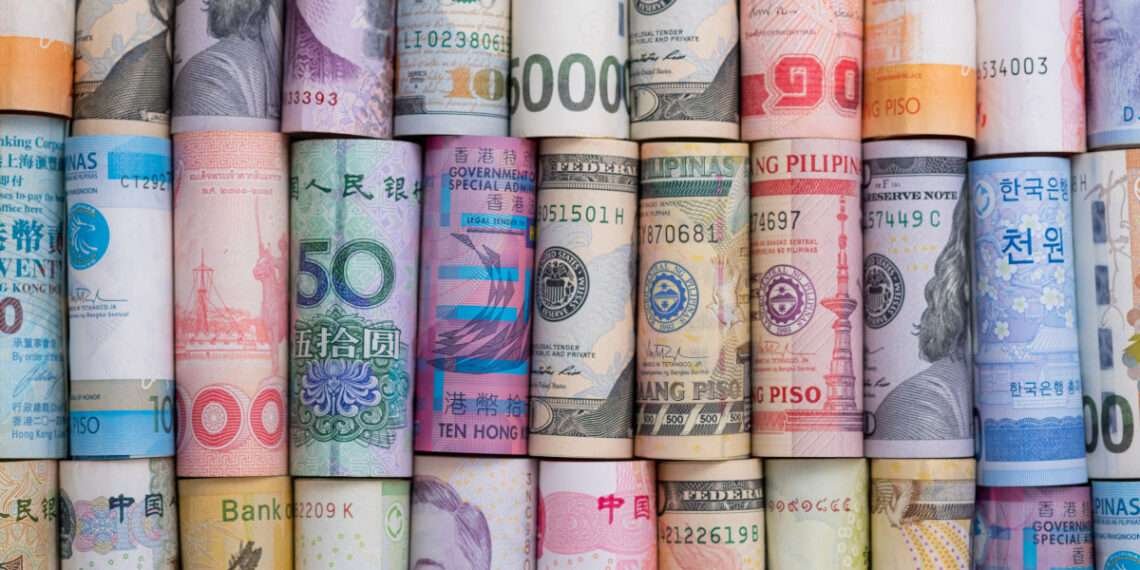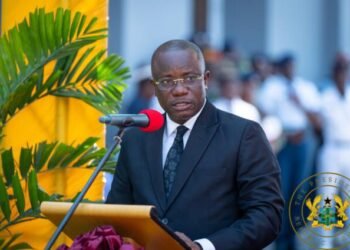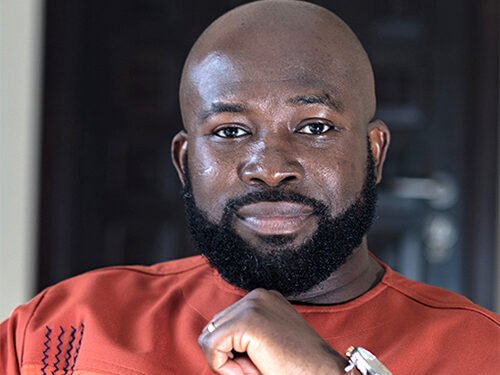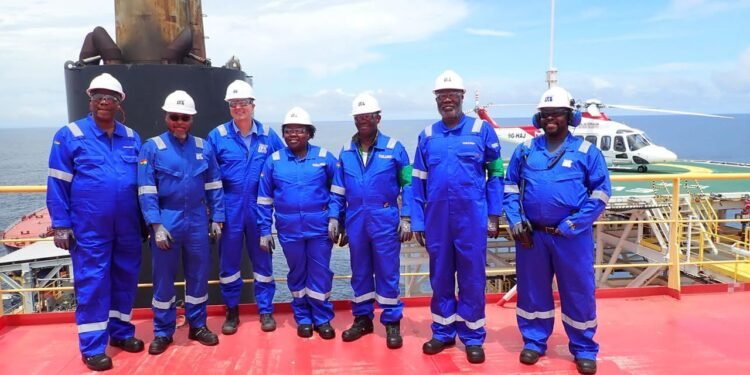A G7 summit ongoing in Bavaria, Germany, has echoed resolutions including world leaders’ pledge of $600 billion (€568 billion) dollars infrastructure fund to help low-income countries tackle climate change.
The summit, which is being hosted by German Chancellor Olaf Scholz, is to occur within three days, beginning today, June 26, 2022 with Russia’s invasion of Ukraine set to dominate the agenda.
German Chancellor, Olaf Scholz, and US President Joe Biden are also set to discuss proposals to tackle the sharp rise in food and oil prices across the world, as well as inflation, with the leaders of Canada, France, Italy, Japan and the United Kingdom.
Shortly before the summit began, London announced in a statement that the UK, along with the US, Japan and Canada, would ban new imports of Russian gold to tighten the economic effect of sanctions on Russia.
The joint action “will directly hit Russian oligarchs and strike at the heart of Putin’s war machine,” British Prime Minister Boris Johnson said in the statement, stating that the decision will be formally announced as a G7 move in the course of the week.
Boris Johnson said that Russian gold exports reached around $15.5 billion in 2021 and that this figure has gone up since sanctions were imposed as a means of getting around them.
Scholz and Biden held a bilateral meeting on the sidelines of the G7 summit, where the US president complimented the German chancellor for “stepping up” to hike defense spending by €100 billion ($106 billion).
Scholz added that Germany was one of Washington’s most important allies while Biden also said the G7 states and the NATO alliance must “stay together” in the face of Russia’s invasion.

G7 Infrastructure fund announced
G7 leaders later held a news conference to pledge hundreds of billions of dollars to counter China’s growing influence in developing countries.
Beijing has been accused of trapping low-income countries into unaffordable debts to be part of its trillion-dollar Belt and Road Initiative (BRI), which is seen as expanding China’s trade power with Africa, Asia and Europe.
The new G7 fund will focus on climate initiatives, among other projects, including a $2 billion solar farm investment in Angola, $320 million for hospital construction in Ivory Coast and $40 million to promote regional energy trade in Southeast Asia.
Speaking after the first day’s working session, the German chancellor expressed optimism in the face of major global challenges exacerbated by the Ukraine conflict.
“Our work on promoting infrastructure globally is also affected by the current geopolitical situation. We have therefore discussed how our investment globally in climate-neutral and low carbon energy, including gas, can help us as a temporary response to Russia’s use of energy as a weapon.”
Olaf Scholz
The G7 leaders are also due to tackle climate change, with Germany pressing for the creation of a “climate club” to set practical targets for reducing emissions for the participating countries.
EU Council President Charles Michel said during a press conference that the EU welcomes the climate club proposal, stressing the need to diversify energy sources and speed up renewable energy infrastructure.
In addition, President Michel highlighted the importance of tackling the food security crisis, partly by getting Ukrainian food products to the global market and by supporting the EU’s partners that have been most hit by food shortages.
READ ALSO: PERD Programme to Improve Socio-economic Status of Farmers- Benjamin Yaw Gyarko























